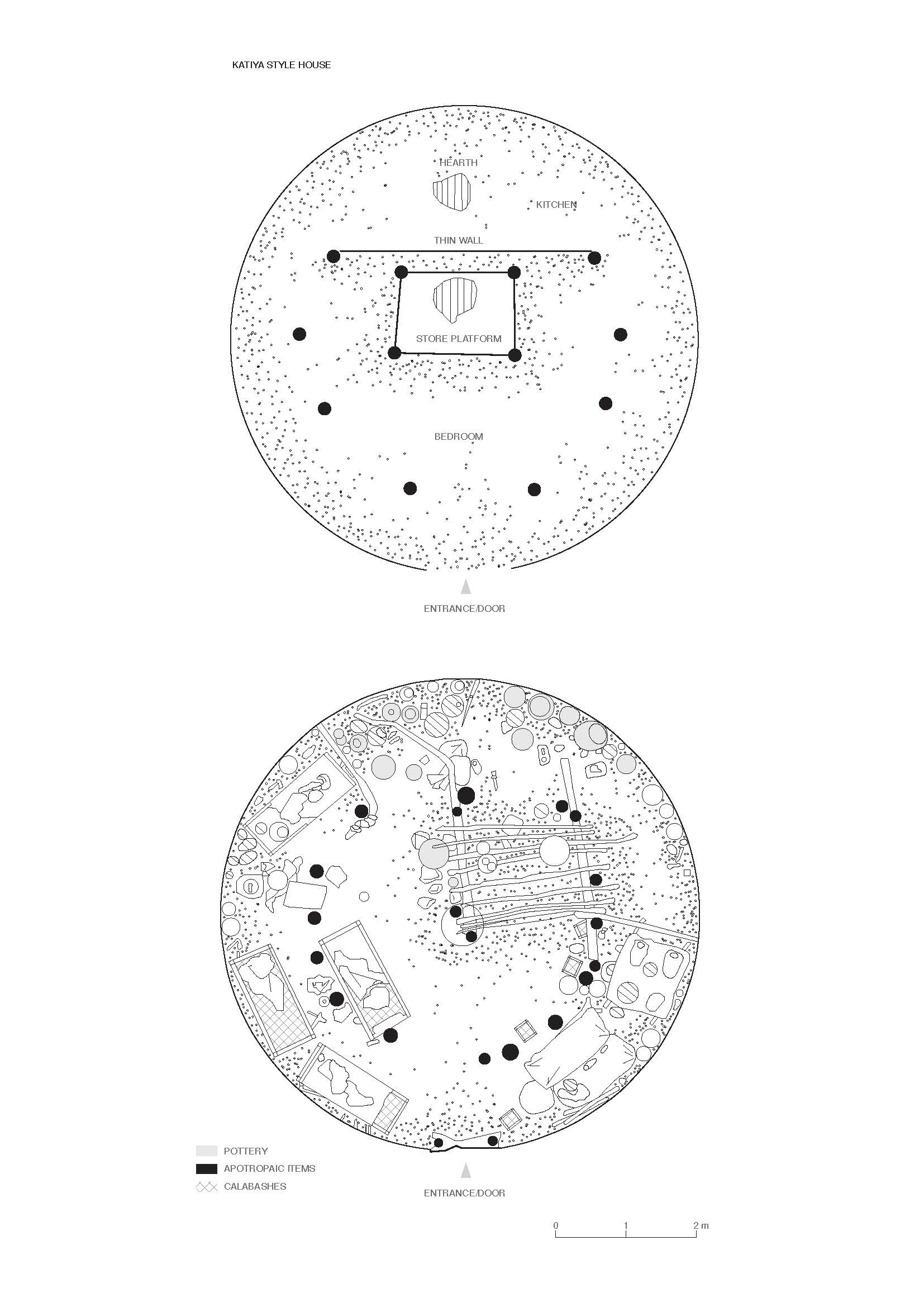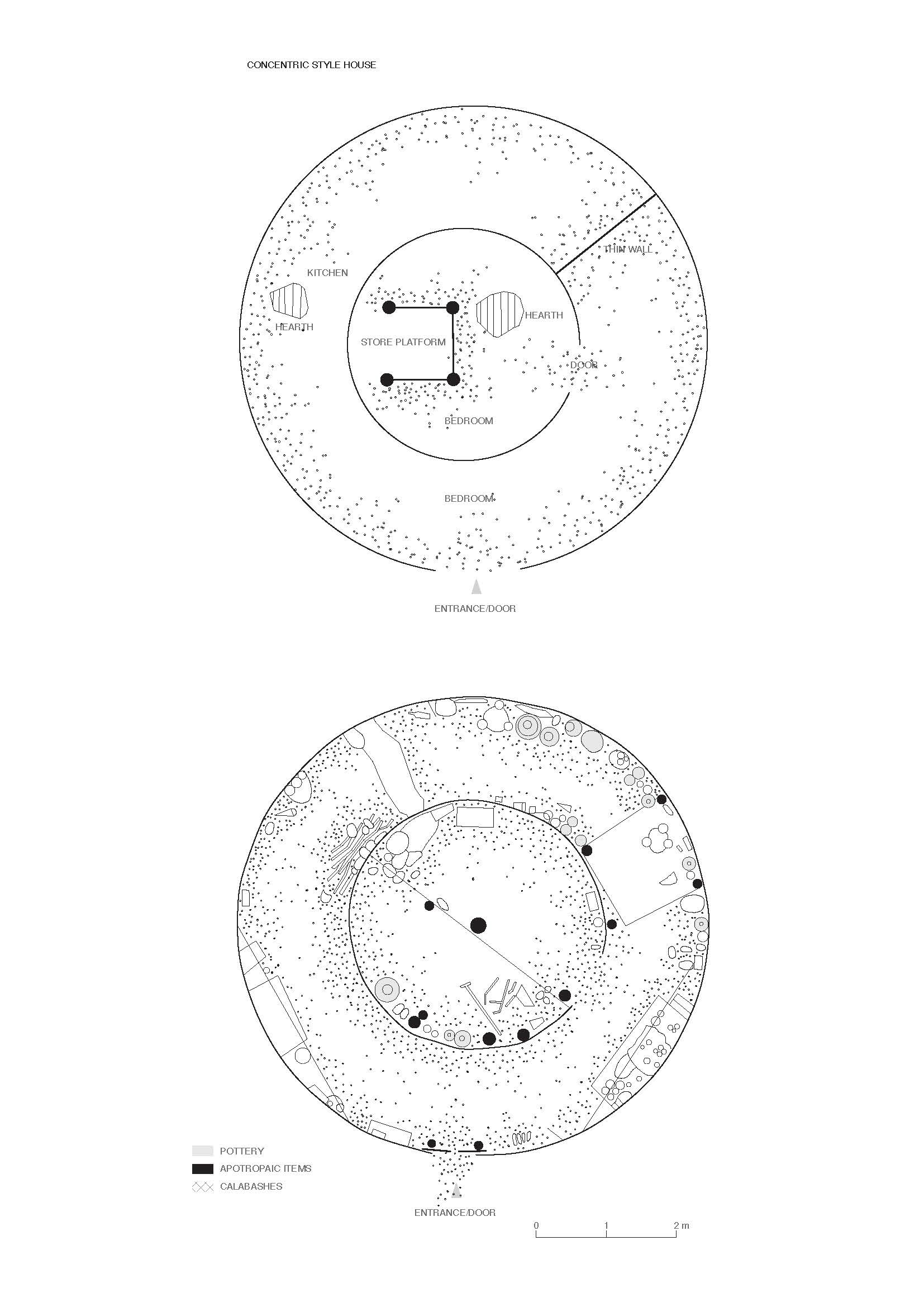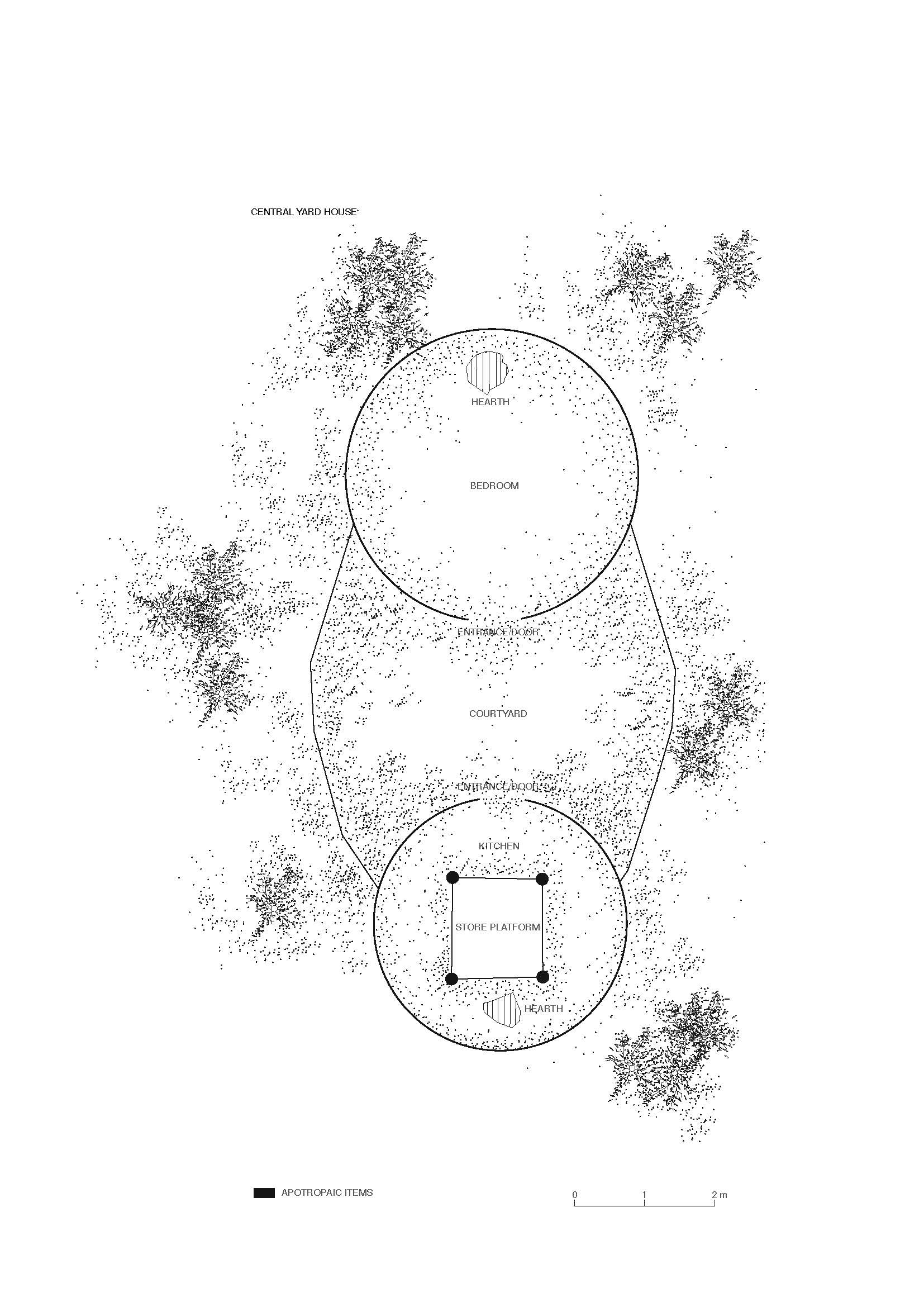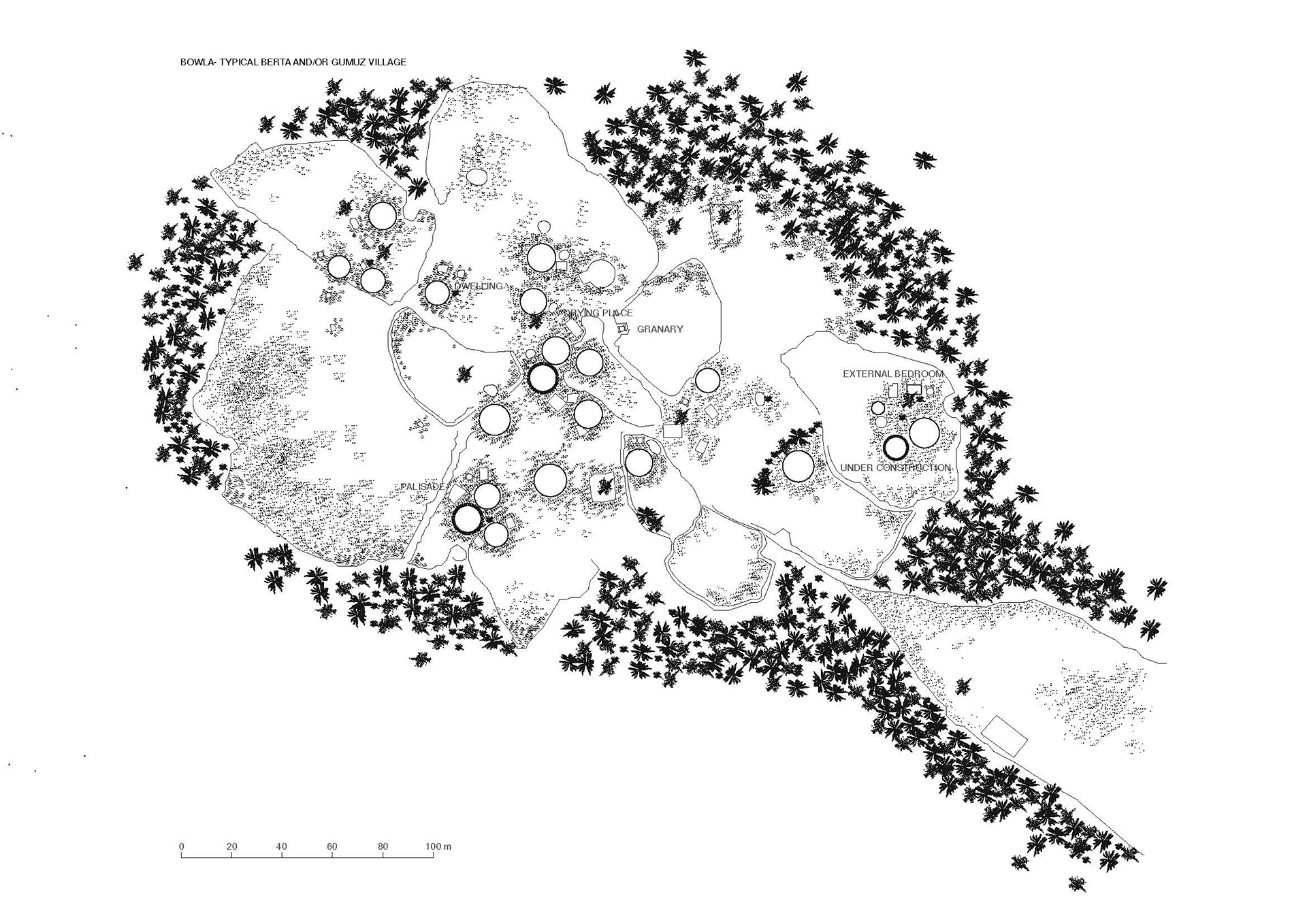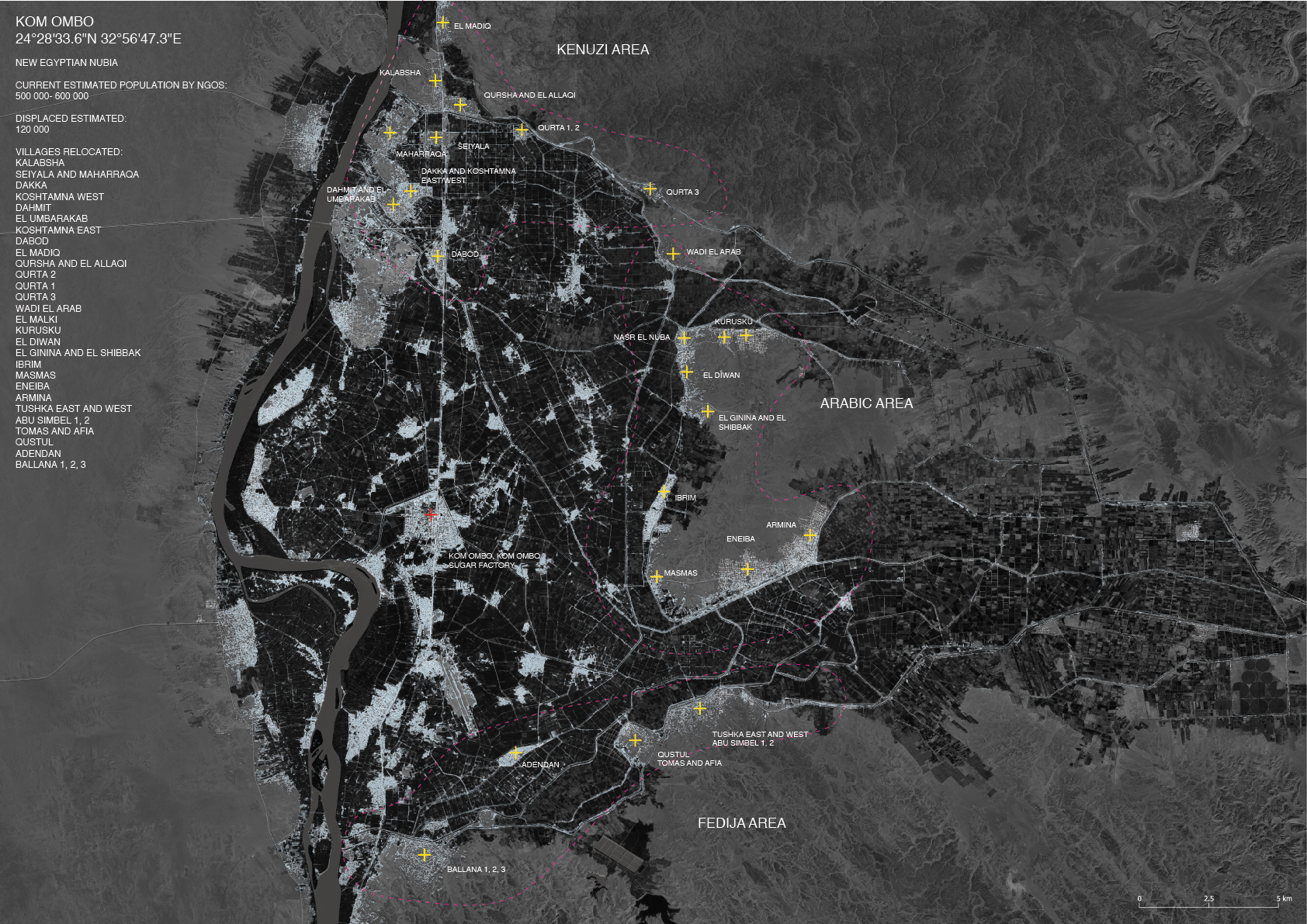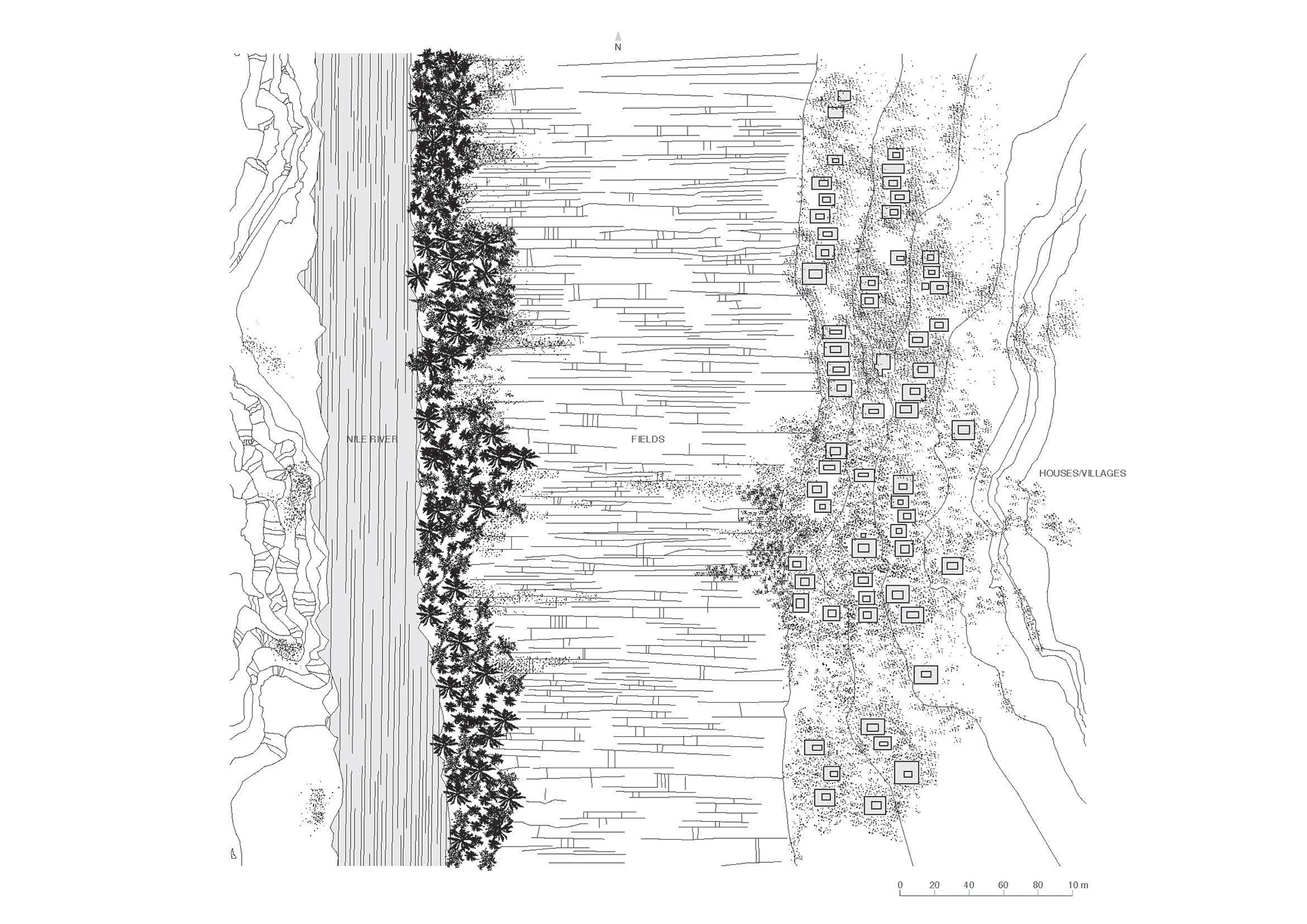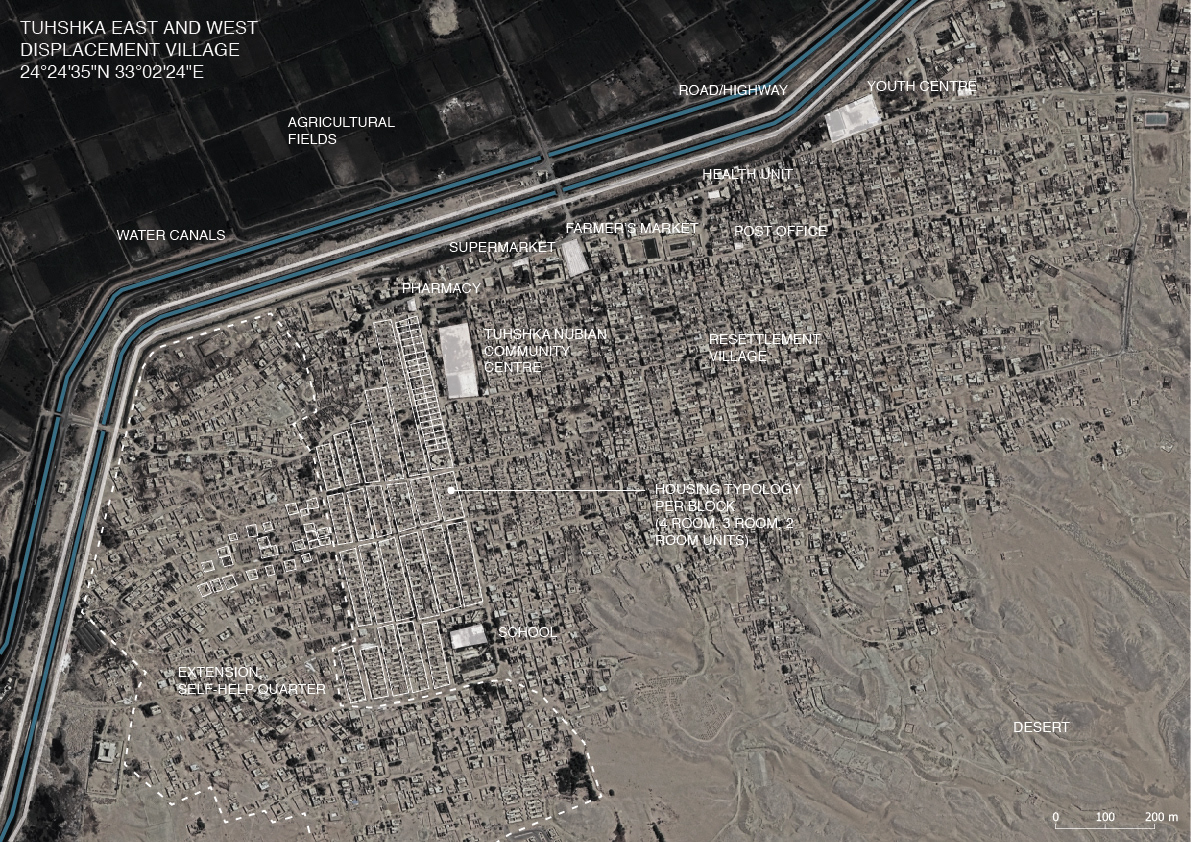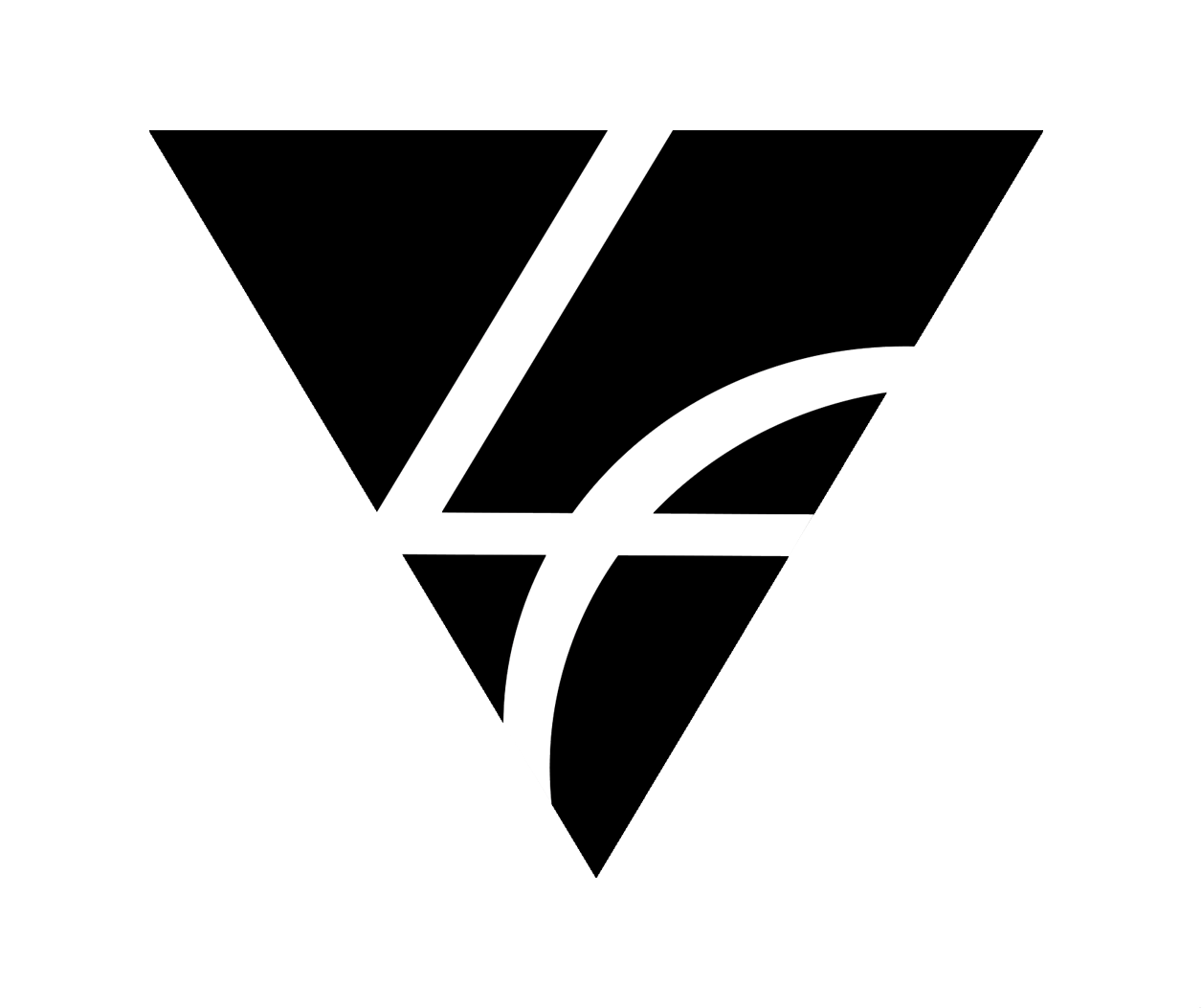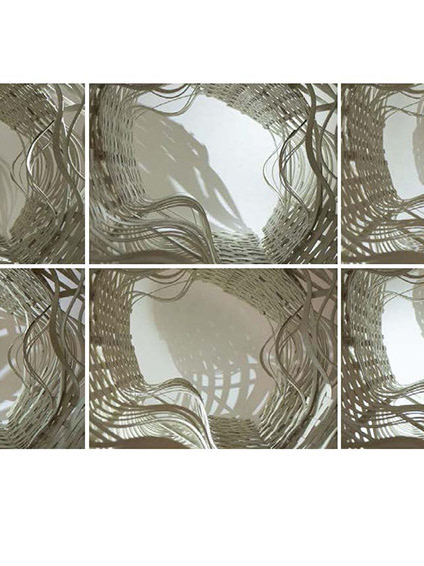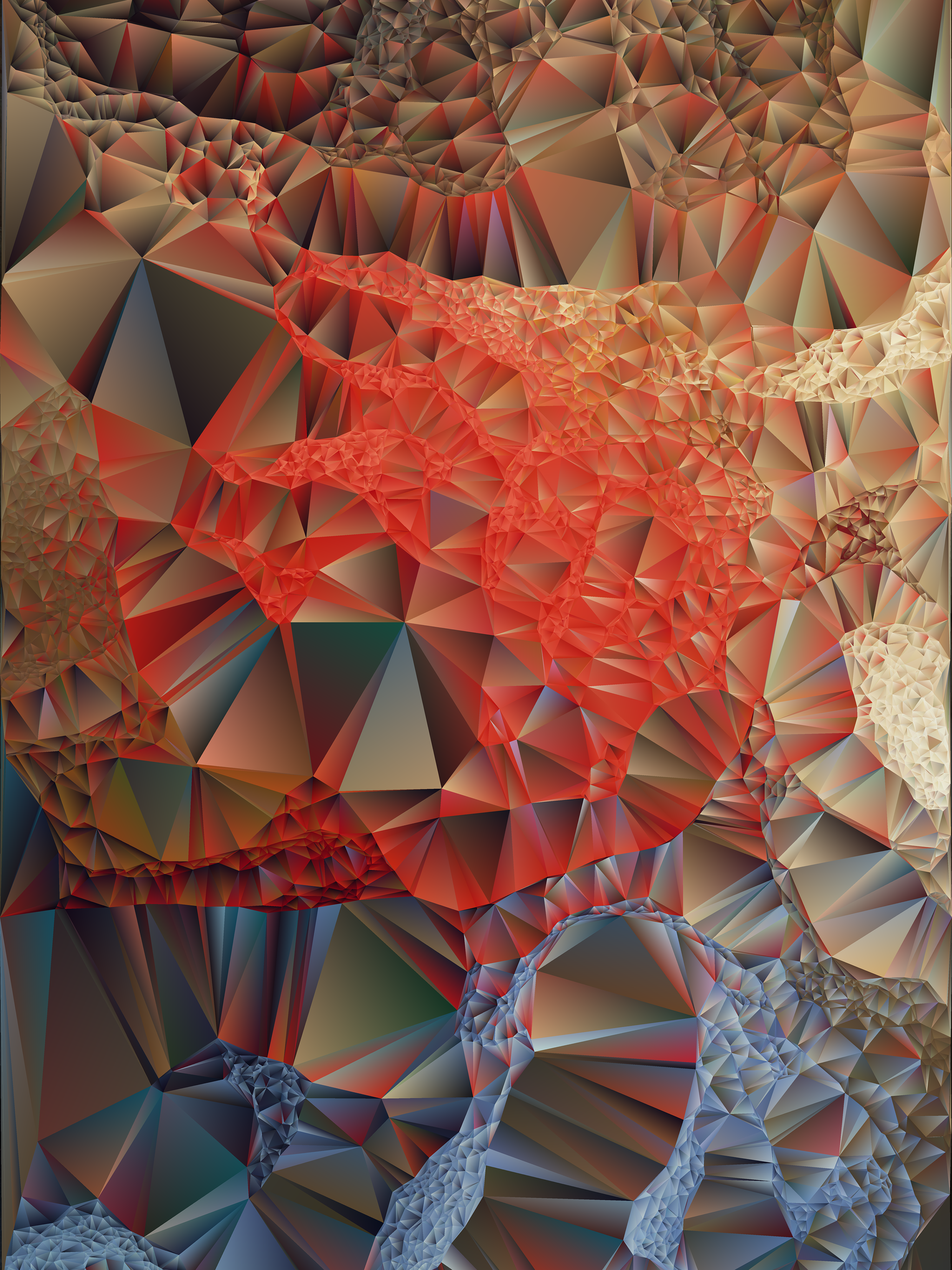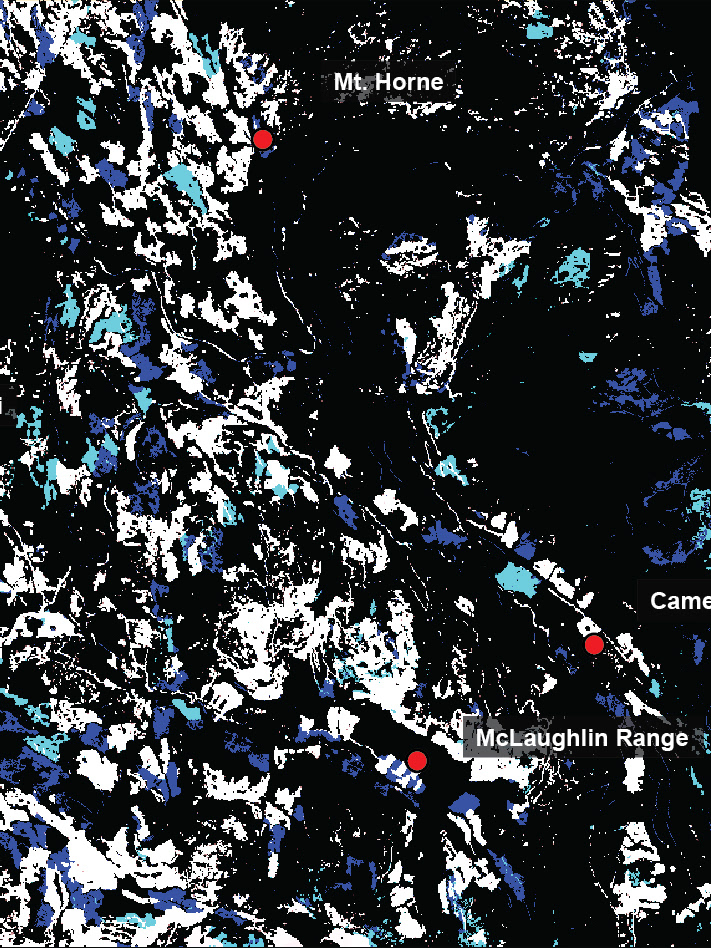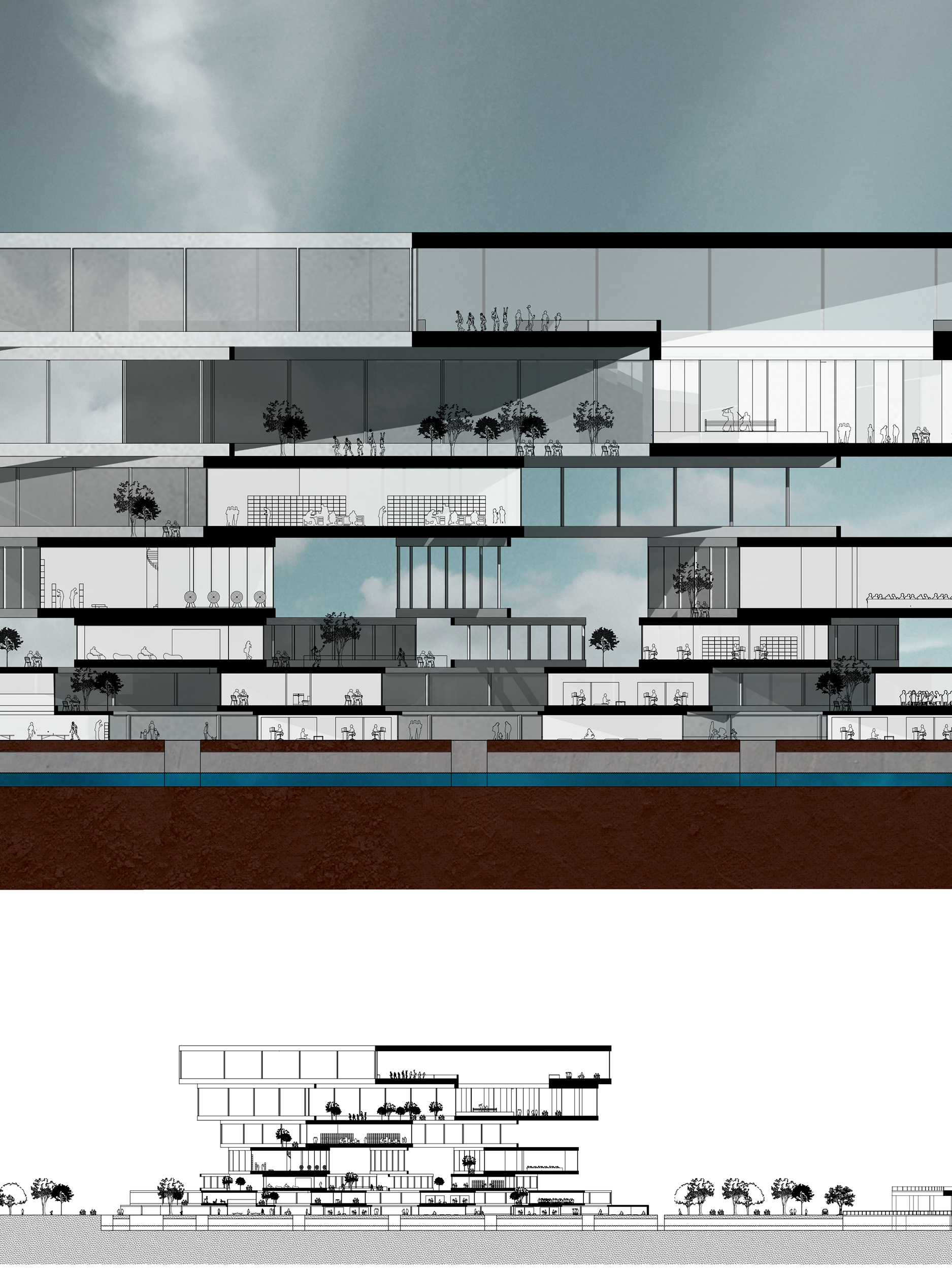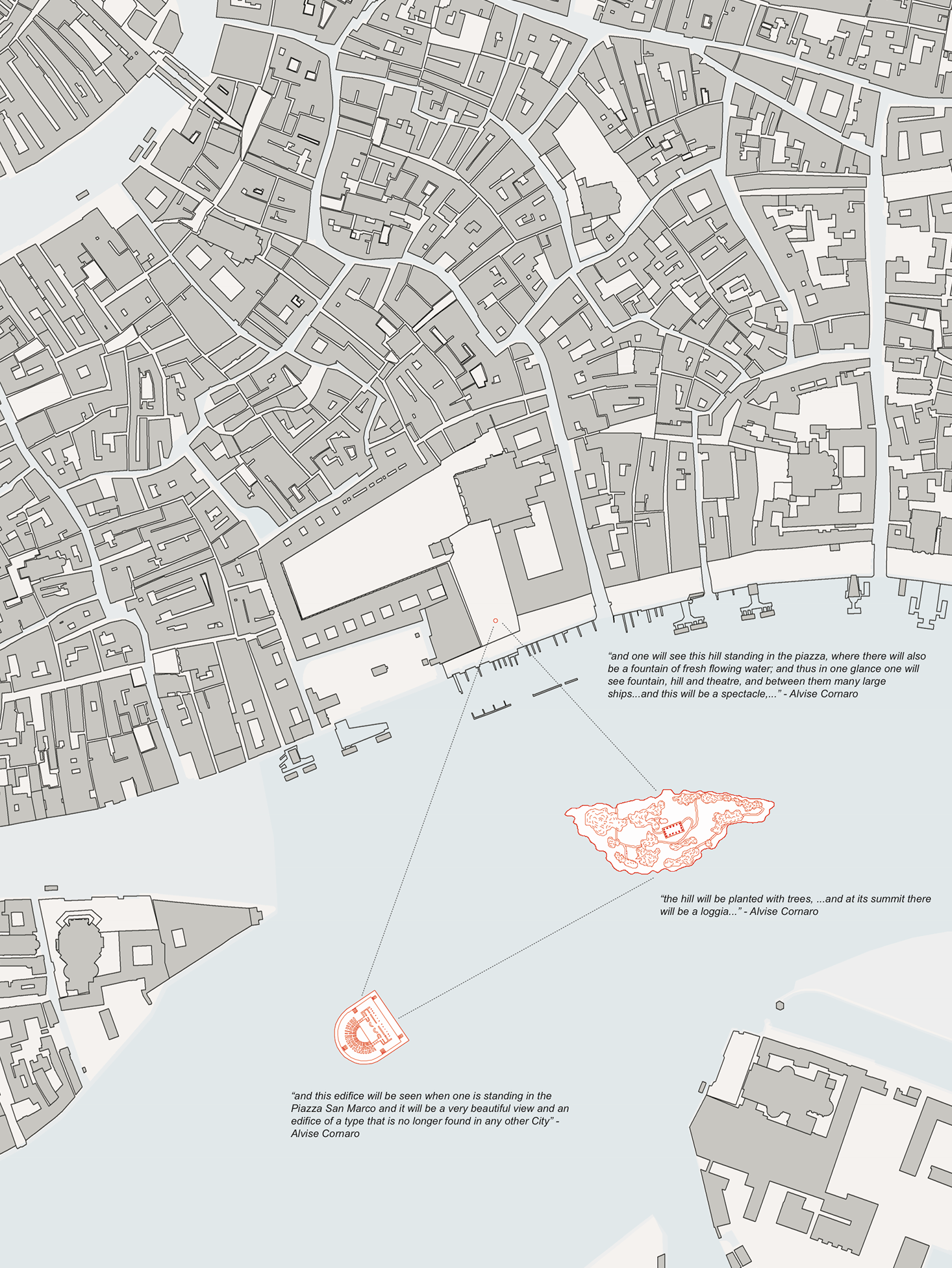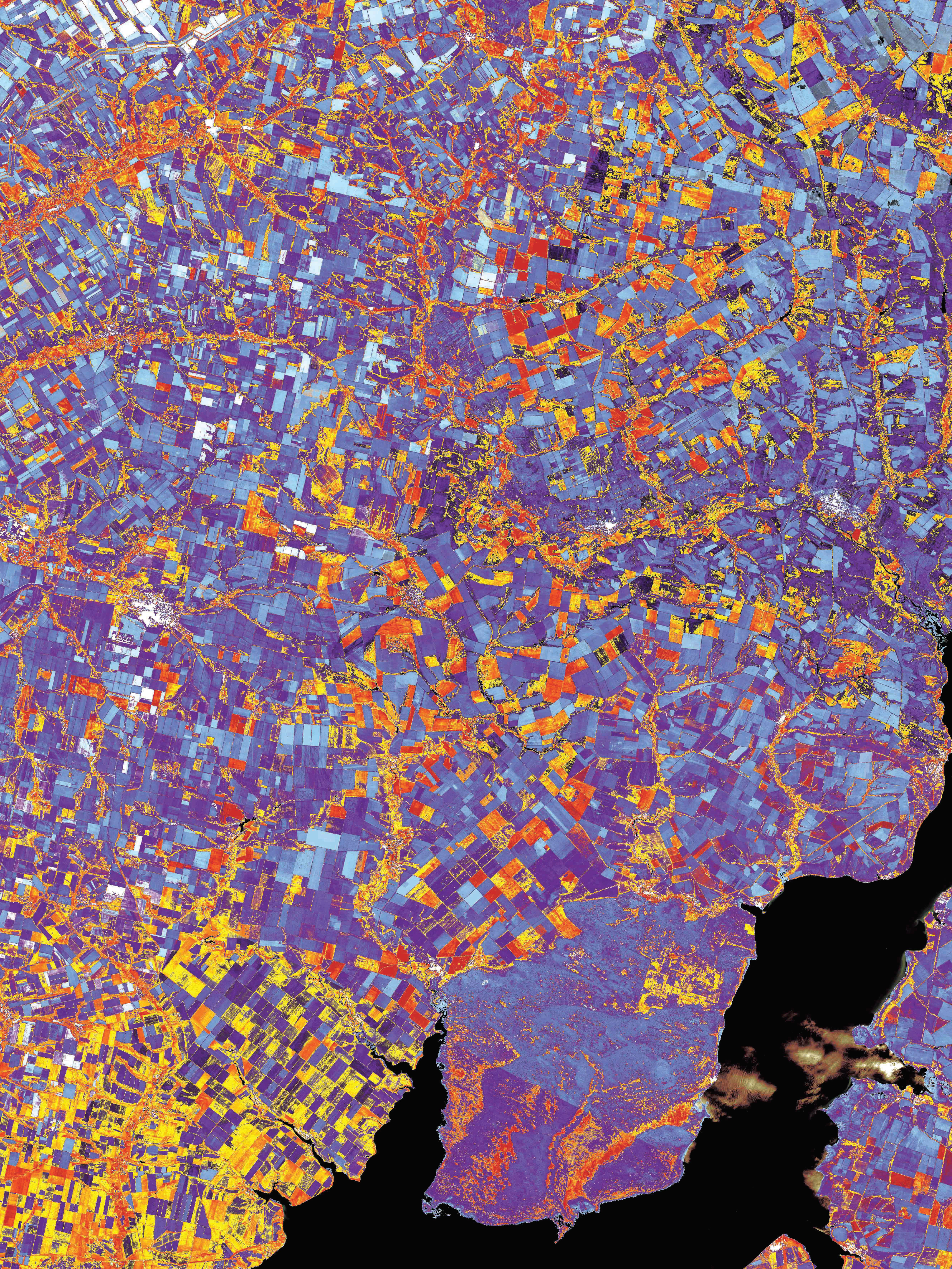Dams are the signature architectural project of the nation state that cements power structures with irrigation being a tool for colonization. Control of the Nile river is highly strategic where dam building is fraught with geo-political tensions as water is an extremely precious commodity. The project advocates for the rights of the Nile by claiming that current planning and construction of the Grand Ethiopian Renaissance dam (GERD), which is the next mega infrastructure to be built, is an act of Ecocide. The project calls for a people’s tribunal, and presents a body of evidence that will be presented at a mock trial through a simulation platform that uses various mediums to promote sustainable, transparent, and inclusive negotiations.
The current way dams are planned and constructed on the river drastically alters the environment of the river’s ecosystems. “Ecocide is the extensive damage to, destruction of or loss of ecosystem(s) of a given territory, whether by human agency or by other causes.” The river must be viewed holistically as a single ecological body irrelevant of the geo-political borders that divide it. Although the extent of the river’s ecological body is usually defined through its hydrological basin borders, the limits of this living body are actually a constantly shifting gradient that incorporates larger seasonal or natural cycles. The mock trial contextualises the GERD project within the global dam debate and reveals the overwhelming complexity of issues at a social, environmental, cultural, and political scale. The use of a simulation platform in the mock trial enables participants to engage with the territory and understand the particulars of the space. As nobody is allowed to enter the dam region, the simulation also takes the form of an investigation that aims to recreate the space remotely.
The Nile river is the lifeblood of the countries it passes through. Not only is it an entity of major environmental significance, but also an entity of major historical and cultural significance. According to the WCD, “at the heart of the dam debate are issues of equity, governance, justice, and power”. By advocating for the rights of the Nile with a mock Ecocide trial, the project helps facilitate sustainable cooperation between populations living along it to reconcile competing needs. This will provide the first step for acknowledging the rights of indigenous populations to their livelihoods, lands, and inclusion in future projects along the river.



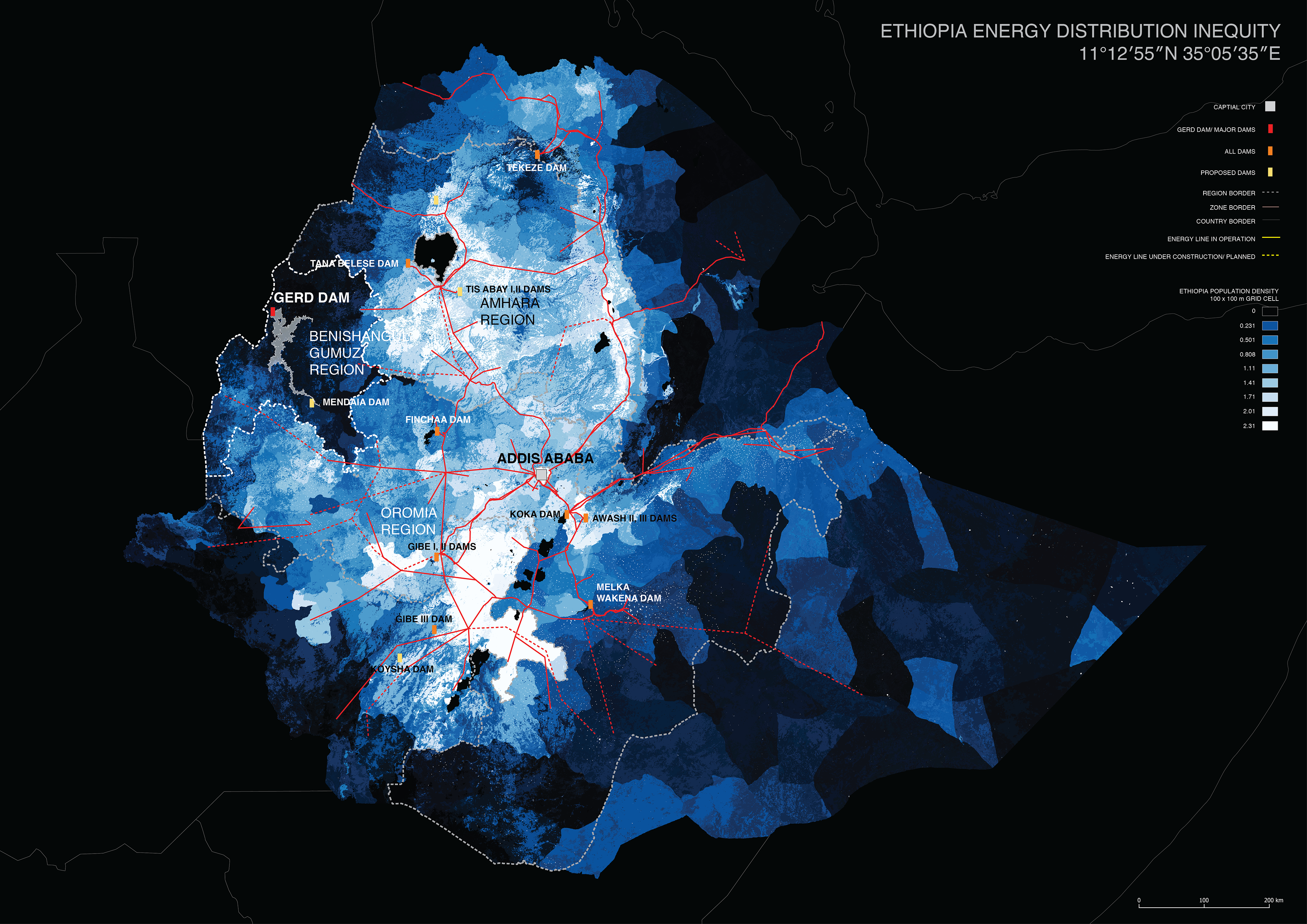
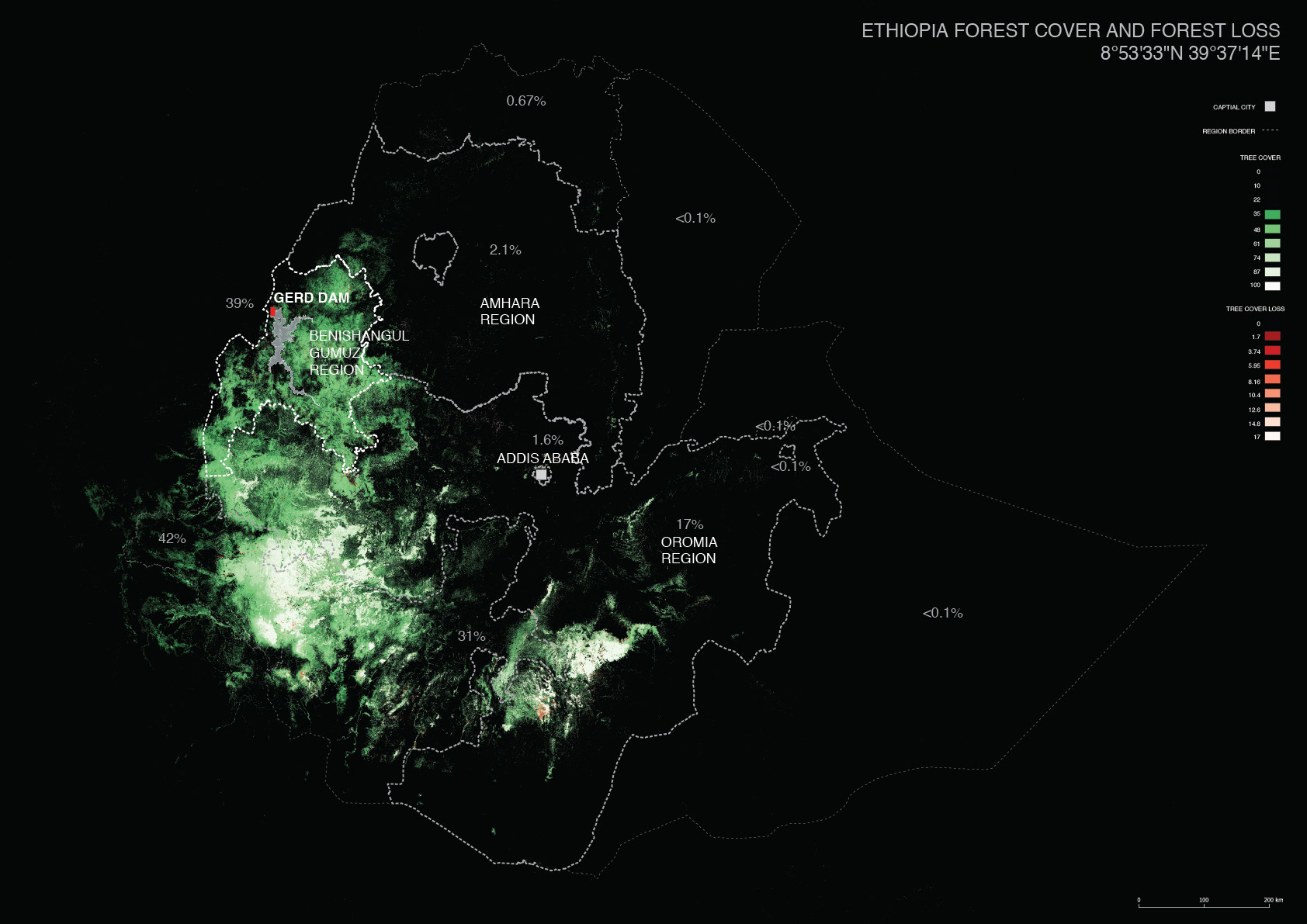
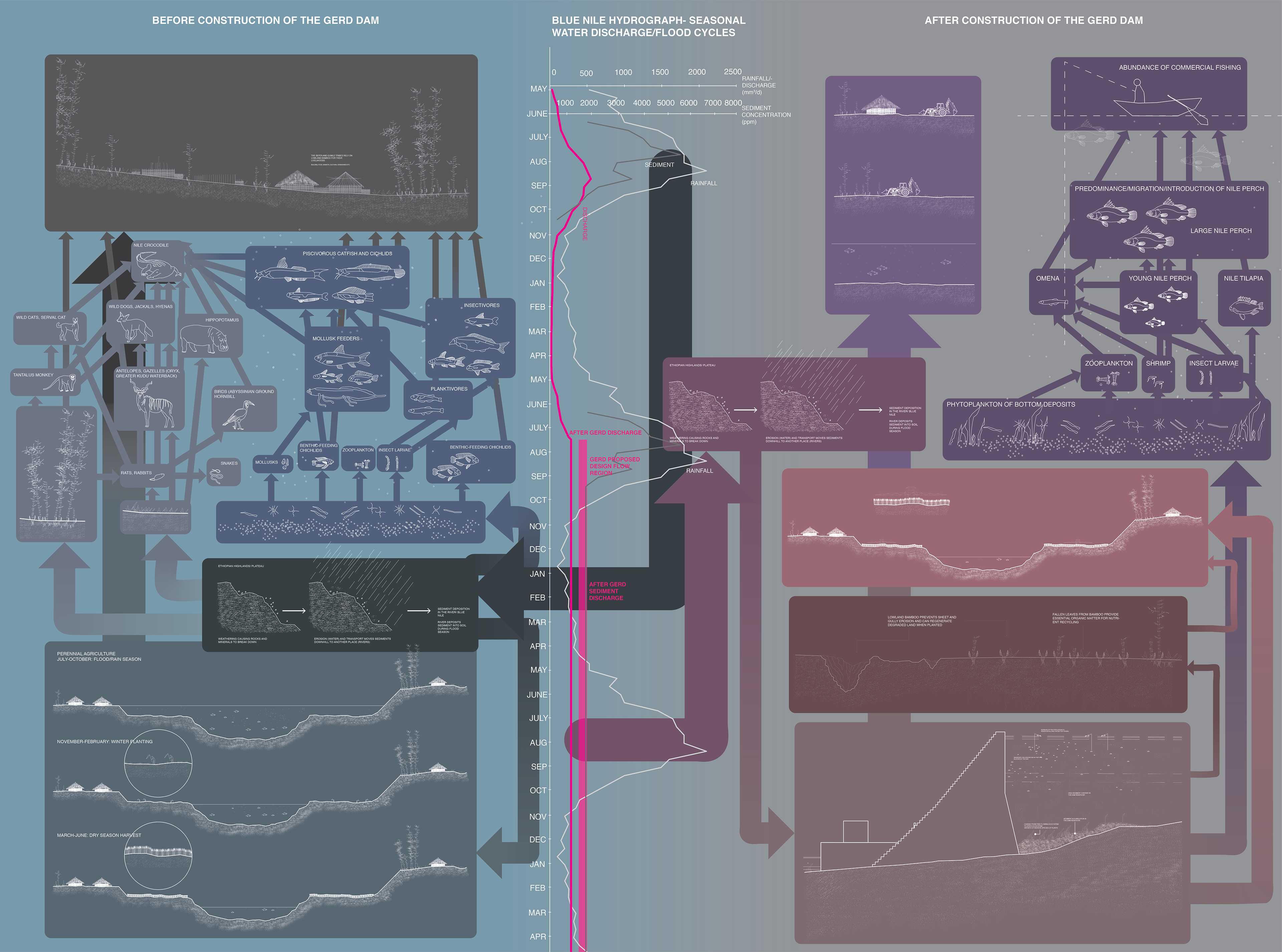


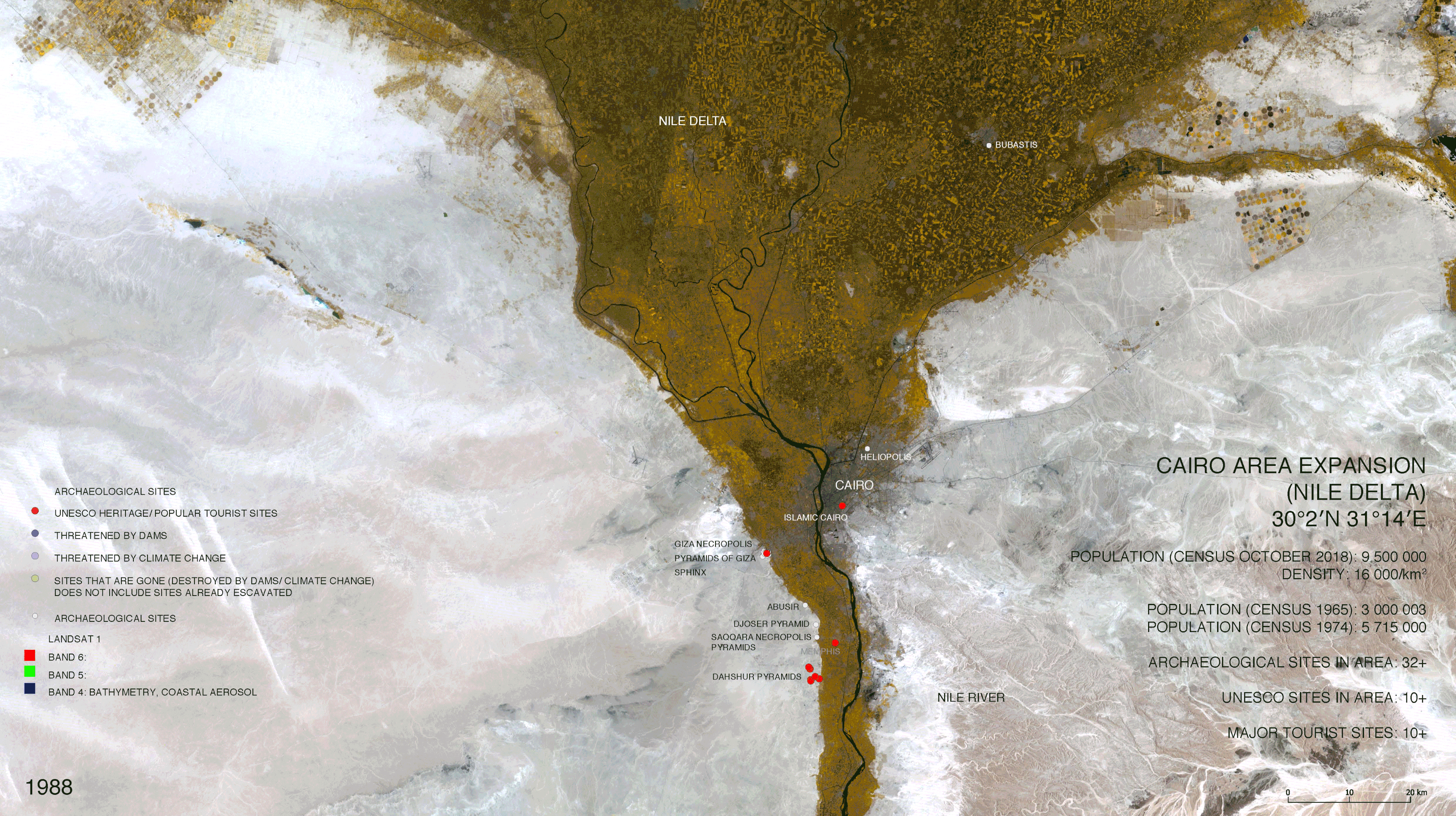
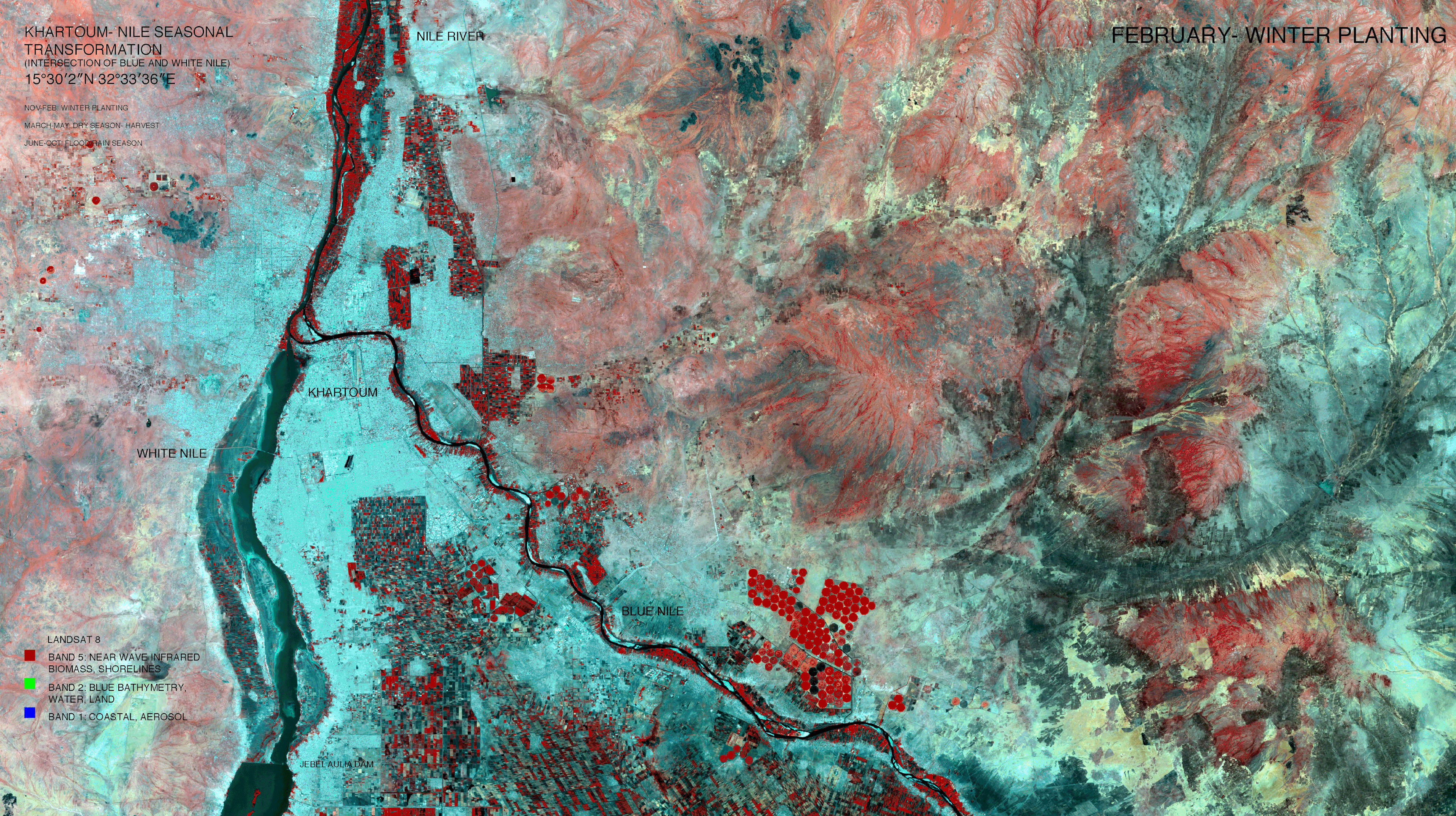

Refer to film credits for bibliography and resources used in film
